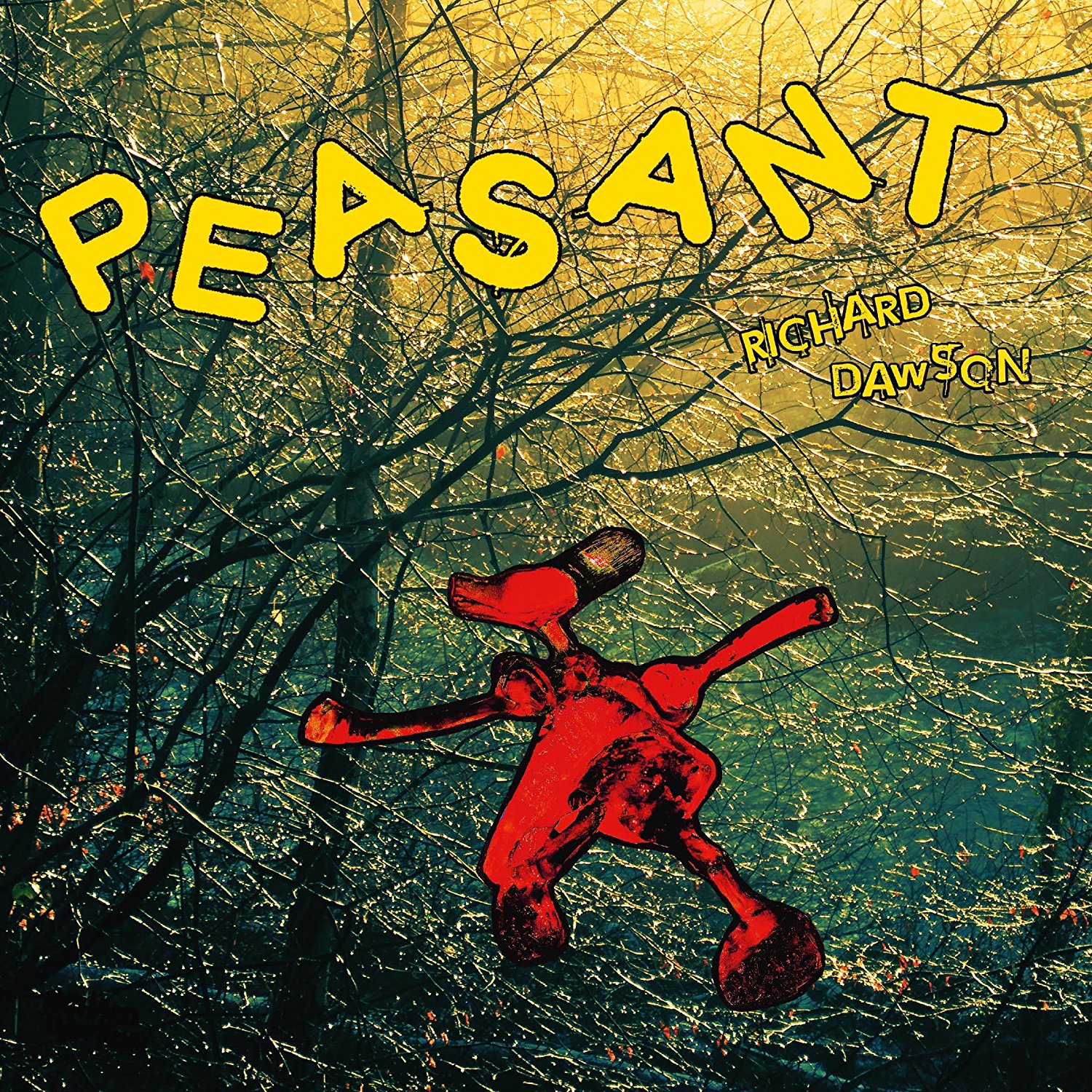Richard Dawson Peasant

The narratives of ‘Peasant’s’ eleven tracks take place in the Anglo-Saxon kingdom of Bryneich. They do not, however, harbour the same fetishisation of pre-Medieval Britain apparent in contemporary cultural artefacts like Game of Thrones. Rather, there is a brooding earthiness to them more akin to Mervyn Peake’s Gormenghast novels.
Like Peake, Dawson tends towards a wending prose style full of screwball minutiae. Characters are carefully drawn here, from their freckled jowls to the “dumm[ies] of puke” that they choke to death on. In addition, the works also share a calculated stuntedness of expression. There are times when Dawson’s ramblings, backed by his knotted guitar playing and brutish synth interjections, as well as the dervish-folk of the band, appear too pig-headed to save themselves. It is from these positions that, as with the chilling reveal of ‘Hob’, their ultimate intentions come forth to shake you deeply.
And just like Peake, Dawson uses an alien society as a mirror for our own. When, on ‘Prostitute’, his narrator cries “How is it so that a child can be bought for a year’s worth of grain in this day and age?” it is to be read as Dawson lamenting the injustices of our times, because it “happens again and again”. ‘Peasant’ is a potent and mournfully beautiful meditation on humankind’s inability to fix itself.